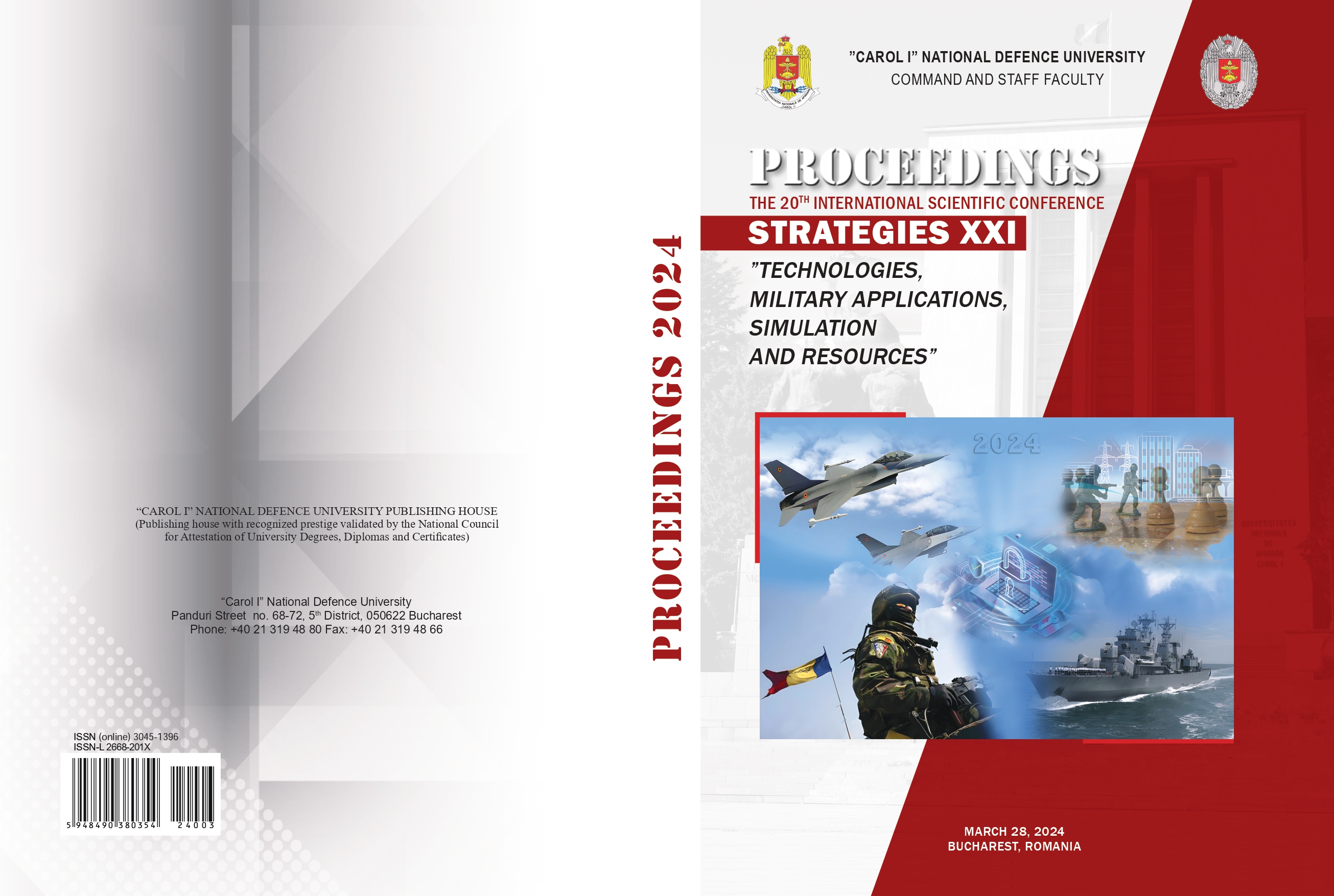HYBRID MARITIME WARFARE IN NATO DOCTRINE AND THE EU CONCEPT. IMPLICATIONS FOR ROMANIA
HYBRID MARITIME WARFARE IN NATO DOCTRINE AND THE EU CONCEPT. IMPLICATIONS FOR ROMANIA
Author(s): Adrian Ionuț BĂLAN, Remus Daniel PINTILII
Subject(s): Social Sciences
Published by: Carol I National Defence University Publishing House
Keywords: hybrid maritime warfare; maritime security; doctrin; concept.
Summary/Abstract: Hybrid maritime warfare, a complex form of conflict blending political, economic, military, informational, and diplomatic instruments in the maritime domain, poses significant challenges for both NATO and the European Union (EU). This analysis explores how NATO and the EU address hybrid maritime warfare within their doctrines and concepts and delves into the implications for Romania. Both organizations recognize the intricate nature of this threat and emphasize the importance of maritime security globally. In the case of Romania, a Black Sea littoral country, whose objective is to strengthen the security situation in the maritime space, the solutions for efficiently addressing the multiple aspects/effects of hybrid maritime threats include, but are not limited to, enhancing military capabilities, identifying and implementing measures for energy security and independence, regional cooperation with states in the Wider Black Sea Region, as well as the development of port and maritime infrastructure.
- Page Range: 40-47
- Page Count: 8
- Publication Year: 2024
- Language: English
- Content File-PDF

